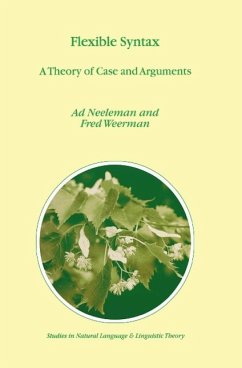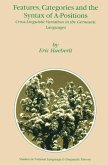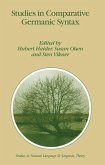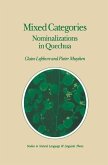Most linguistic theories assume that each grammatical relation is established in a unique structural configuration. Neeleman and Weerman take issue with this view, arguing for a more flexible approach on the basis of conceptual considerations and data taken mostly, but not exclusively, from the Germanic languages. In-depth analyses of word order phenomena as well as diachronic and typological generalizations motivate a re-evaluation of the role of case in the projection of arguments. Case is shown to provide a syntactic foothold for thematic interpretation, something which is necessary in a grammar that does not allow fixed theta-positions. Thus, this study does not only offer a genuine alternative to many standard assumptions, it also explains why there should be such a thing as case in natural language.
Dieser Download kann aus rechtlichen Gründen nur mit Rechnungsadresse in A, B, BG, CY, CZ, D, DK, EW, E, FIN, F, GR, HR, H, IRL, I, LT, L, LR, M, NL, PL, P, R, S, SLO, SK ausgeliefert werden.









